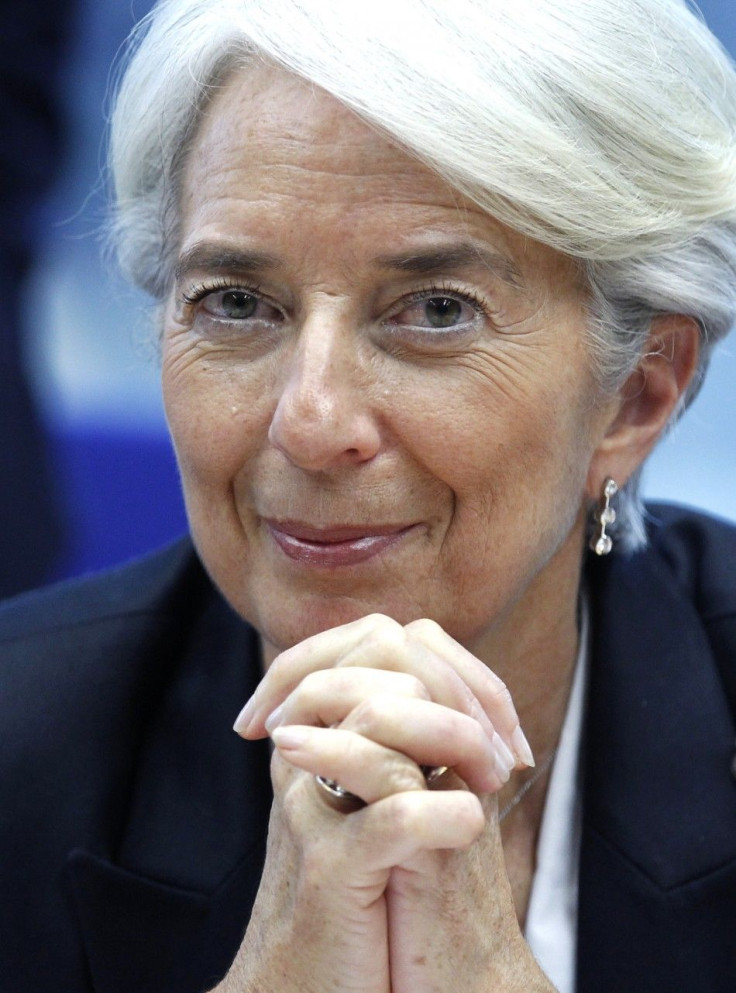Japan Agrees To Contribute $60 Billion To IMF’s Crisis Firewall

Japan said Tuesday it would offer $60 billion in loans to the International Monetary Fund (IMF) to boost a global firewall against Europe's debt crisis.
Japan said it hoped the decision would encourage other member nations to commit funds for the IMF. I am confident that many other countries will pledge contributions to the IMF, Japan's Finance Minister Jun Azumi said.
Following a series of eurozone's policy responses, it is important to strengthen IMF funding and pave the way for ensuring an end to the crisis not only for the eurozone but also for Japan and Asian countries, he added.
Last week, IMF managing director Christine Lagarde said she would pare down the request for $600 billion of additional resources as threats to the global economy diminish. At the same time, she added that a stronger global firewall would help complete the circle of protection for every country.
Eurozone nations have already agreed to contribute 150 billion euros ($196 billion) but the US, IMF's largest shareholder, hasn't yet expressed its willingness to contribute. Lagarde said she hoped Washington will change its stance as the US would be hurt if the European crisis worsened.
Meanwhile, emerging economies like Brazil and Mexico have said they are ready to participate. Though China has not made any commitment so far, Azumi has indicated that Beining is moving in the same direction as Japan .
Eurozone nations last month agreed to increase the bailout lending limit to $930 billion, a move aimed at reassuring financial markets wary of a Eurozone default and dampening the crippling debt crisis of the past few years.
It was decided to temporarily lift the combined ceiling of the two rescue funds, the European Stability Mechanism (ESM) and European Financial Stability Facility (EFSF) from the current level of $670 billion.
At the same time, doubts are likely to persist if the firewall is big enough to deal with major problems in Italy and Spain, particularly if they occur at the same time. So the European Central Bank may yet be called upon to take further action if Eurozone sovereign debt tensions flare up substantially again. The rising borrowing costs of Spain could be a sign that the crisis could fire up once again.
The meeting of finance chiefs of IMF's 187 member countries in Washington during April 20-21 will be led by concerns about Europe's debt crisis and the need for IMF resources.
Lagarde said Eurozone is not the only concern for the global economy. The new IMF resources will also be required by countries outside Eurozone that face economic hardships and are in need of help.
© Copyright IBTimes 2024. All rights reserved.





















